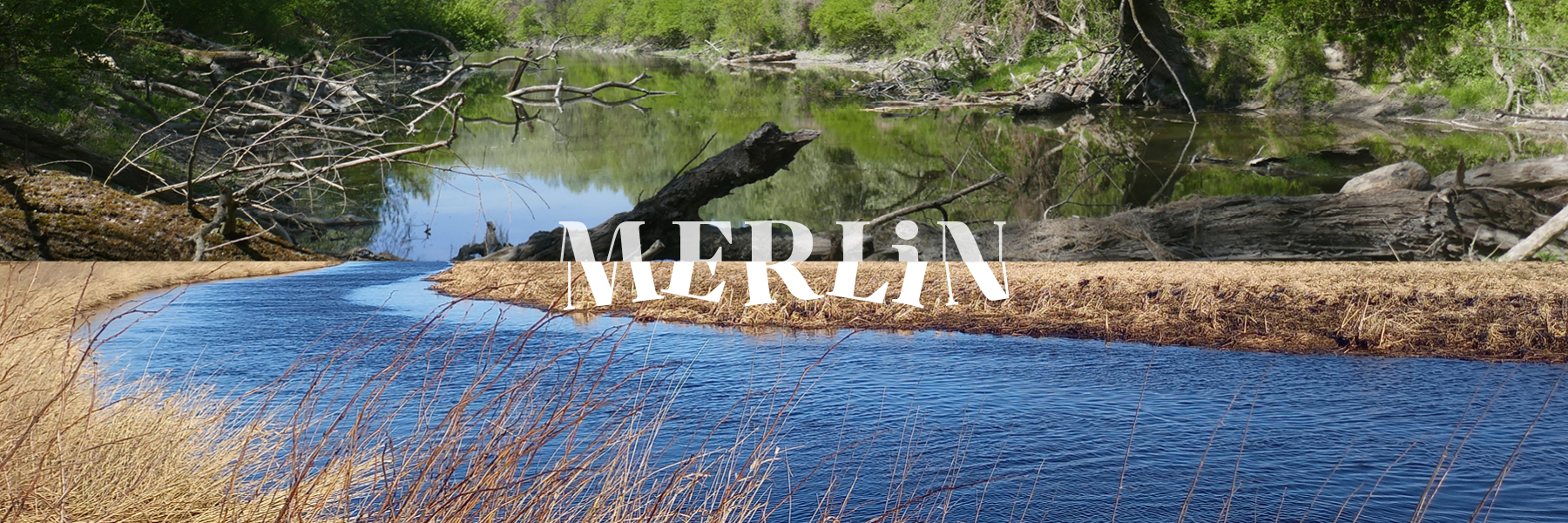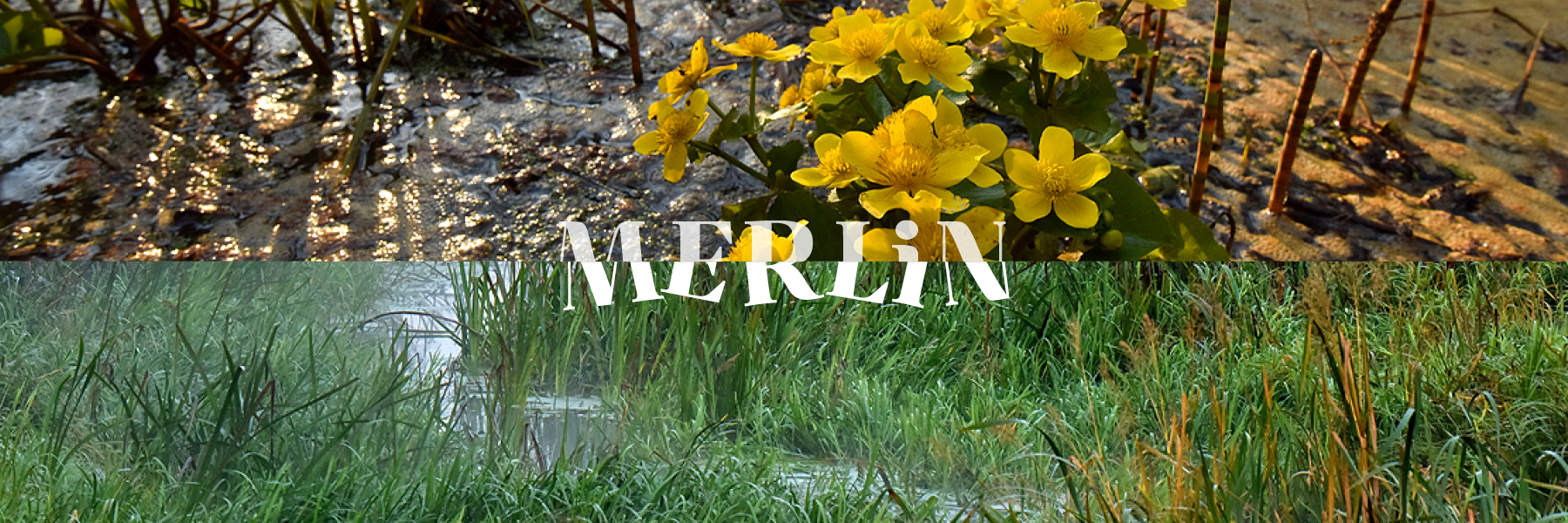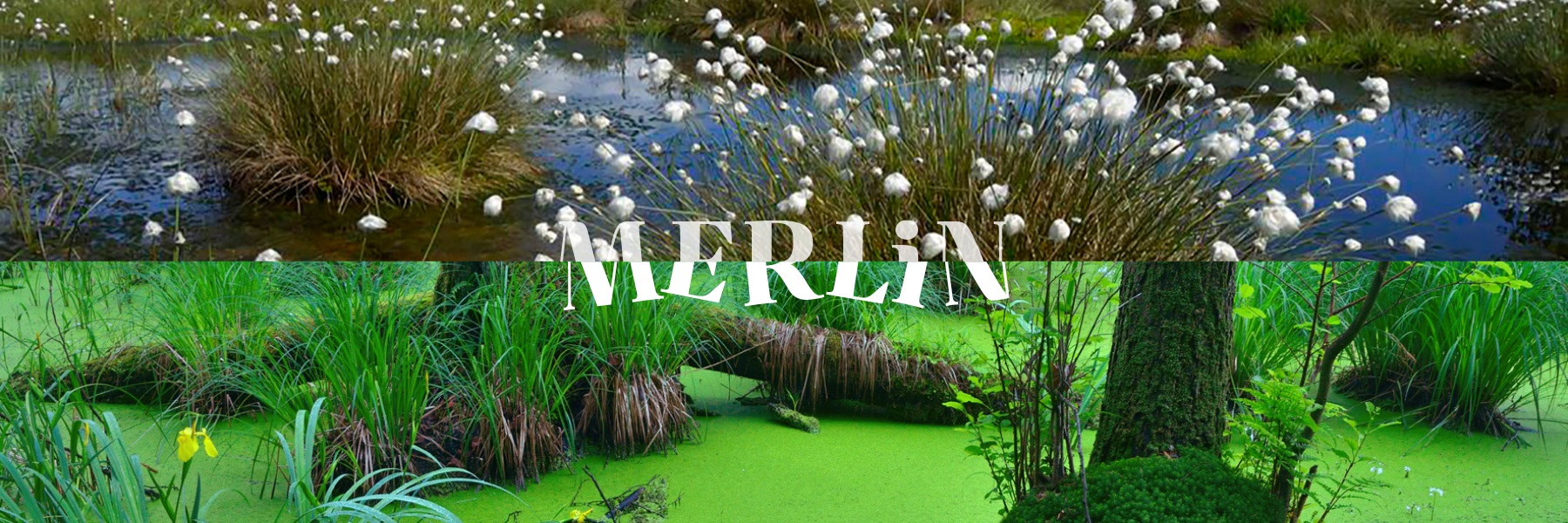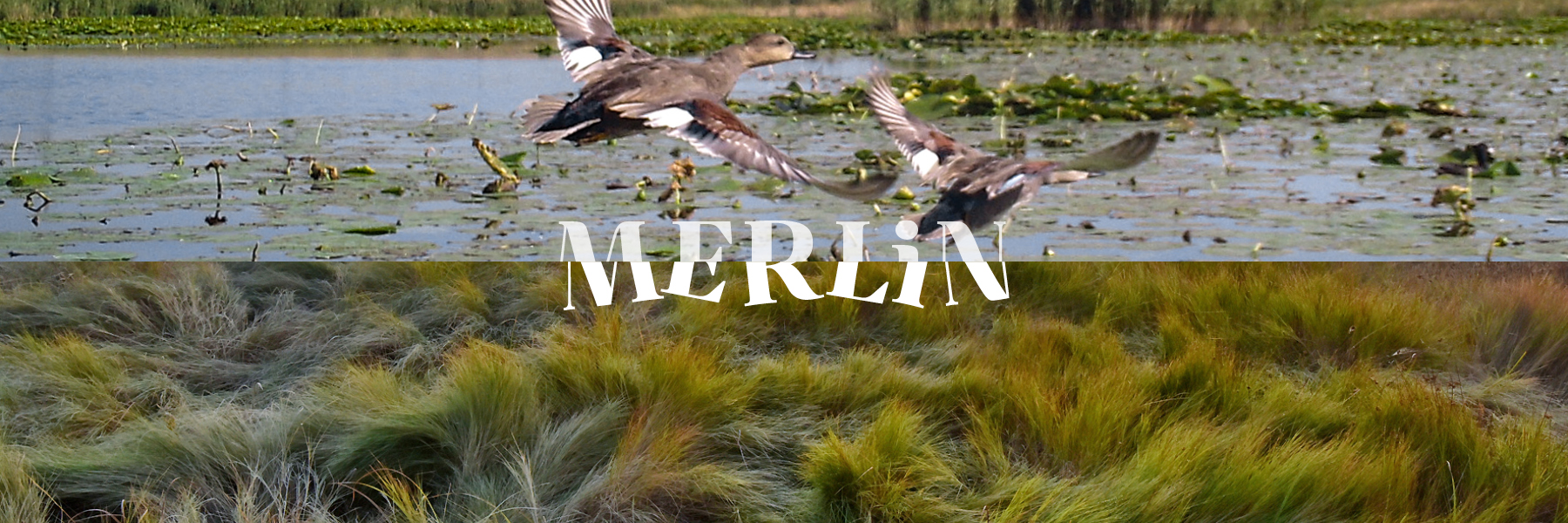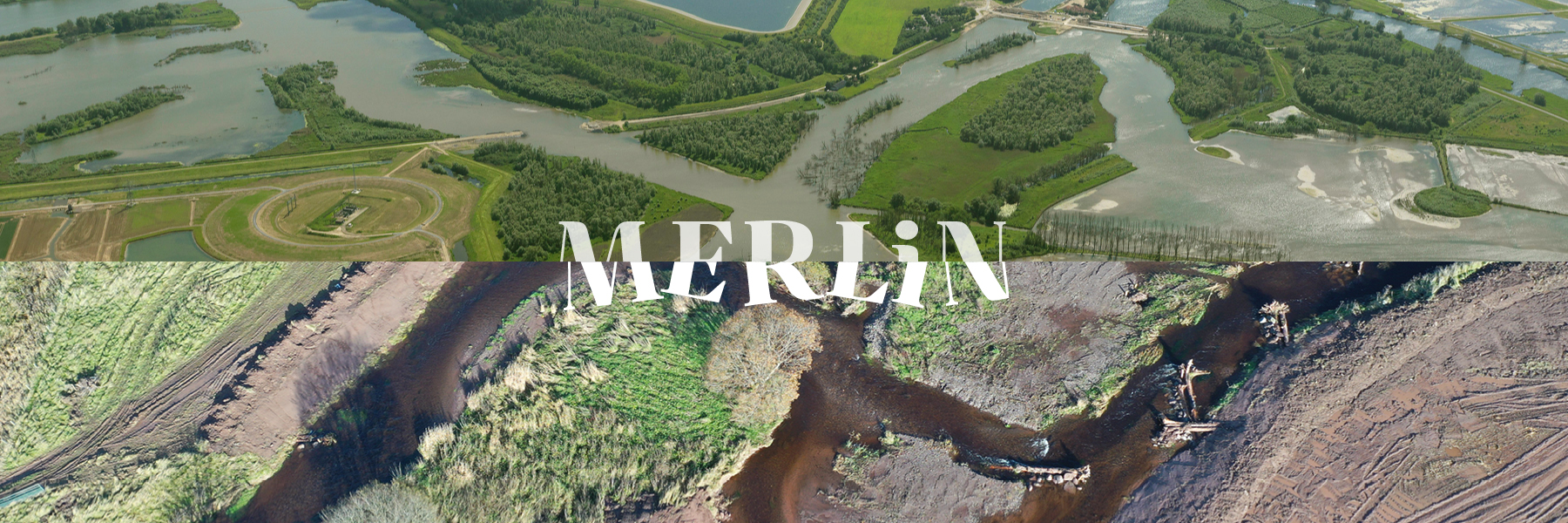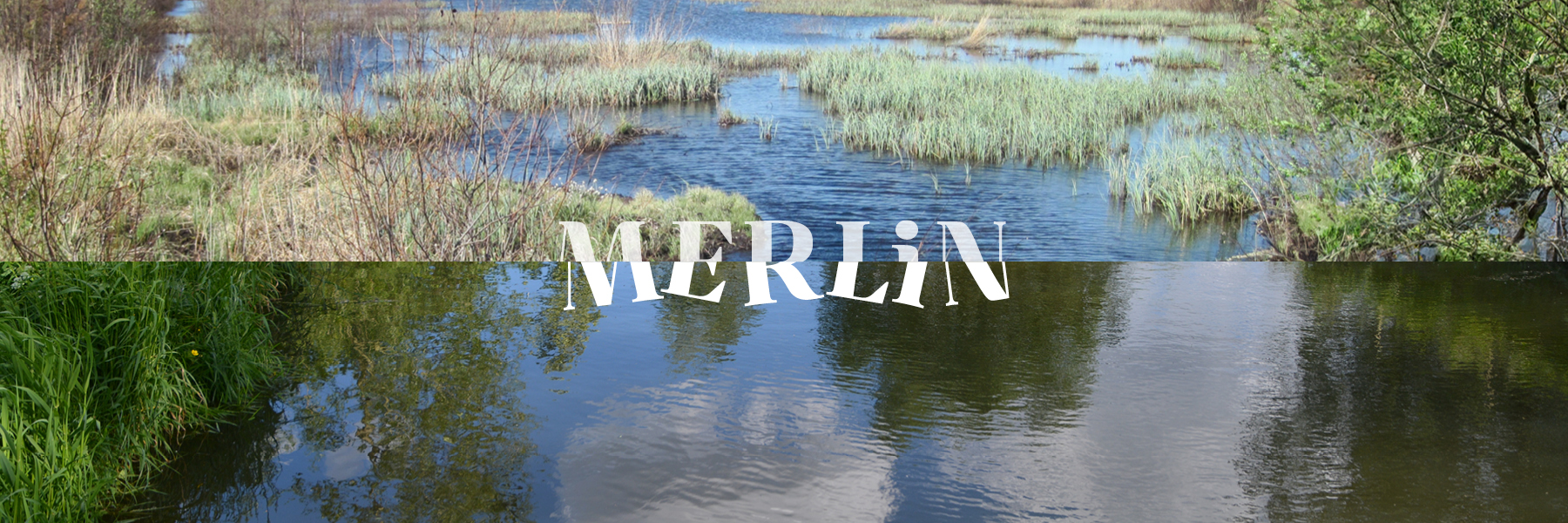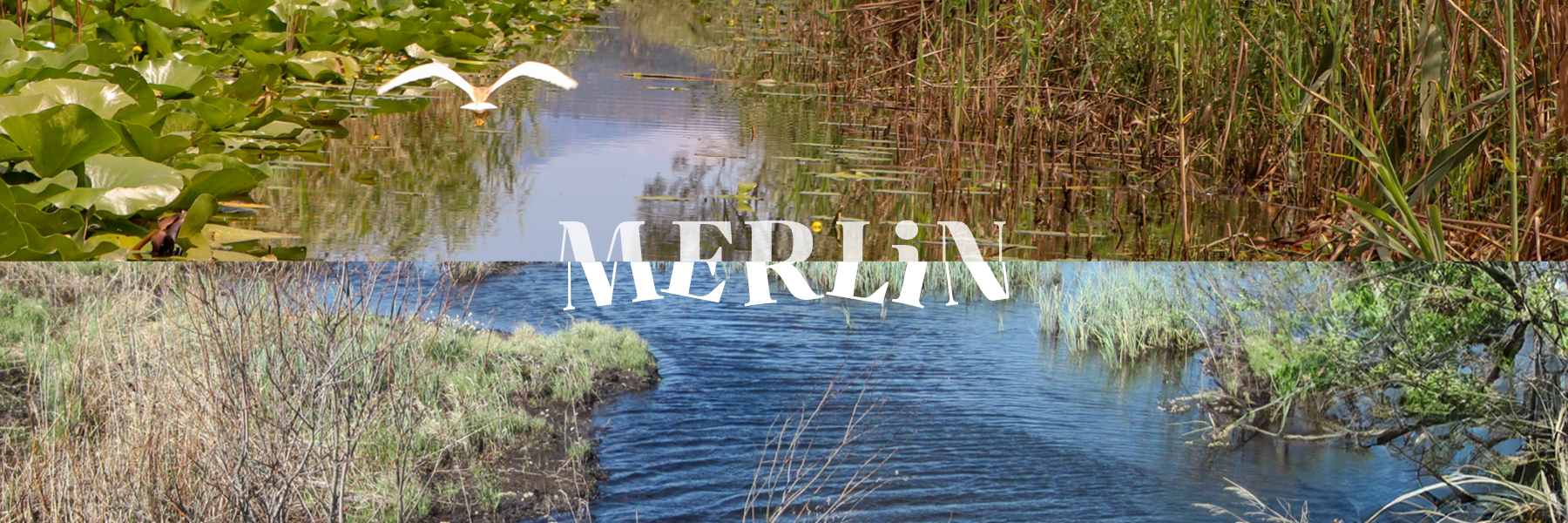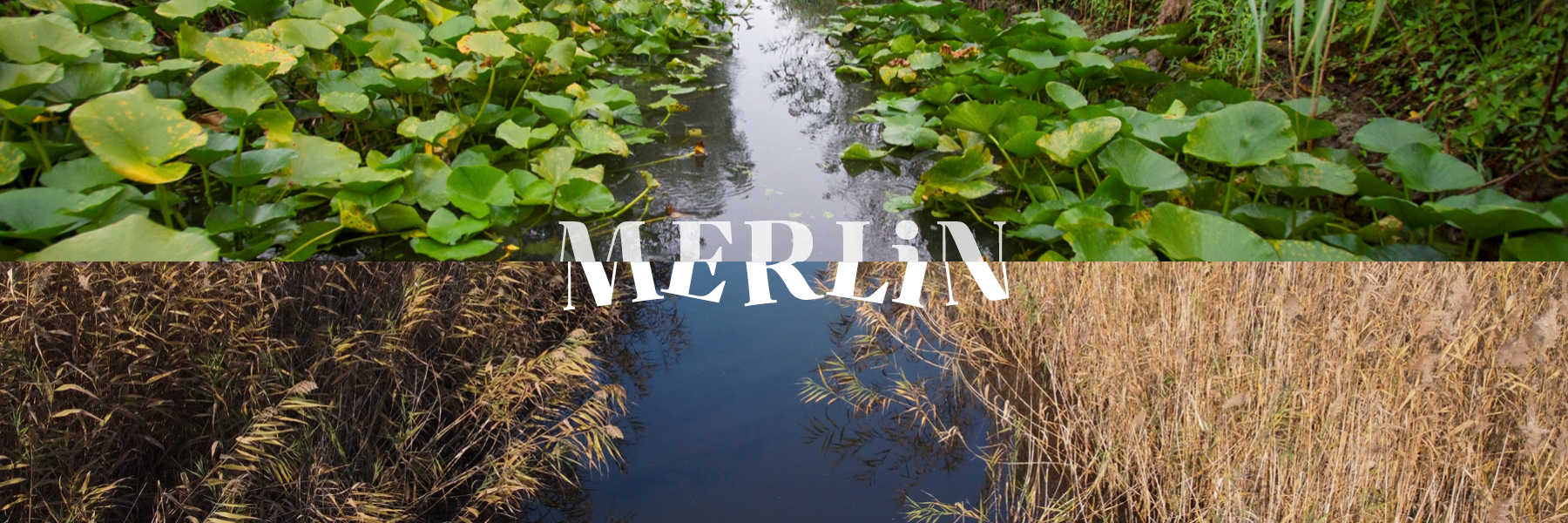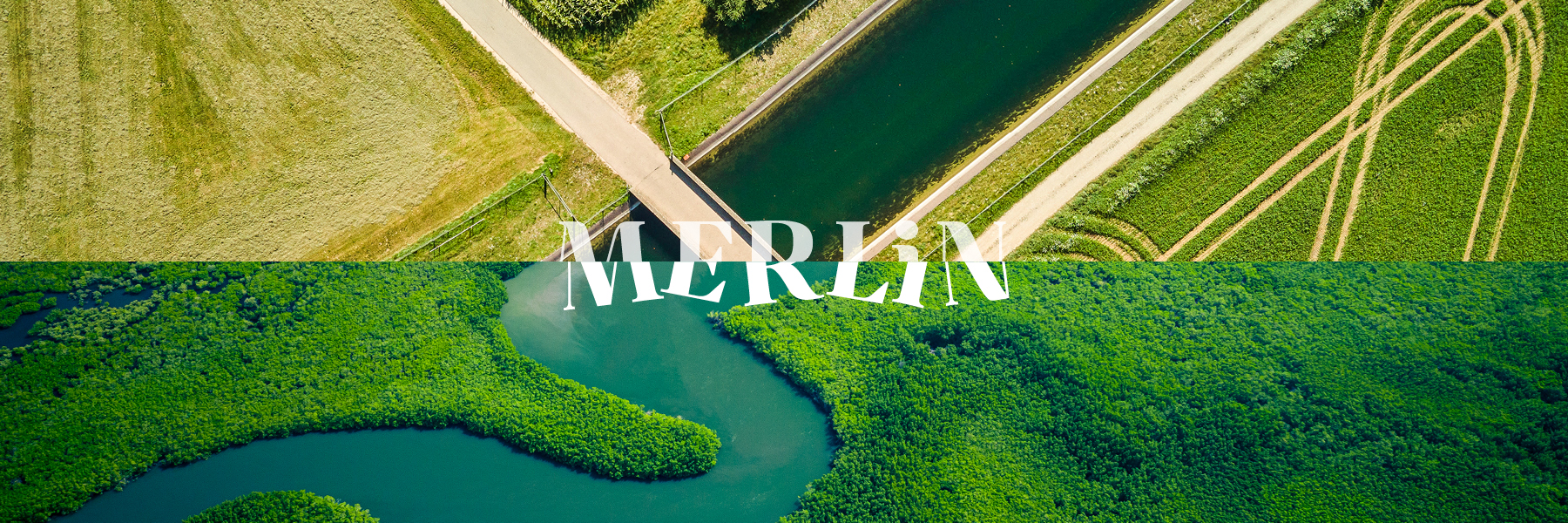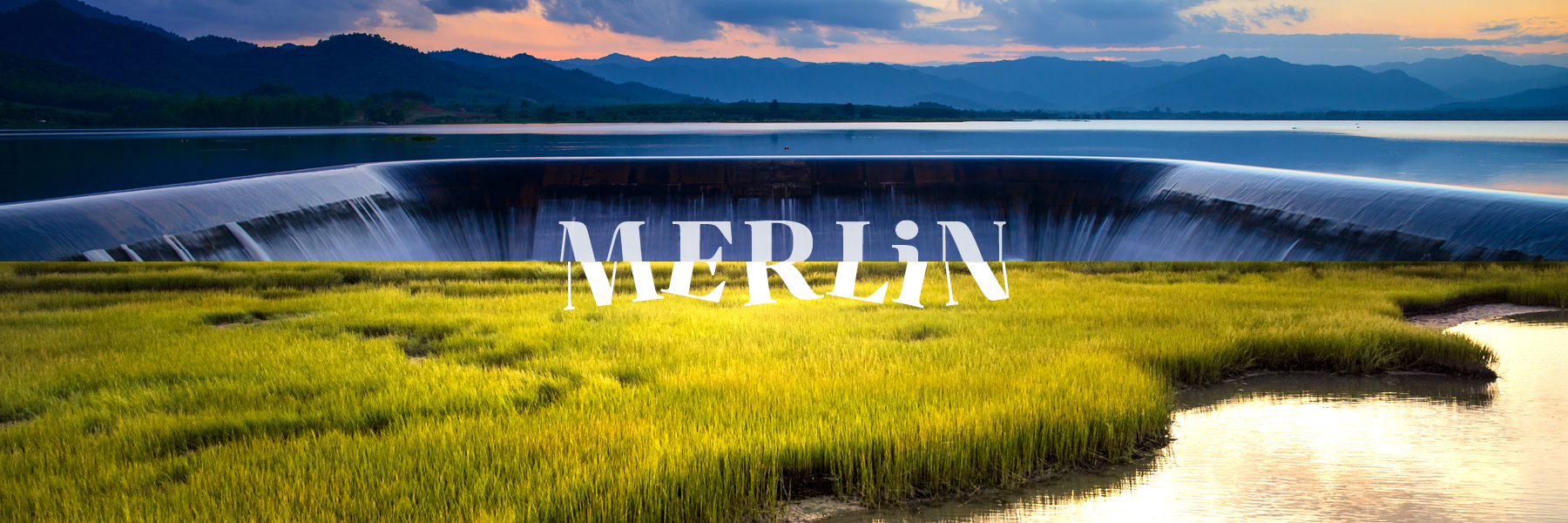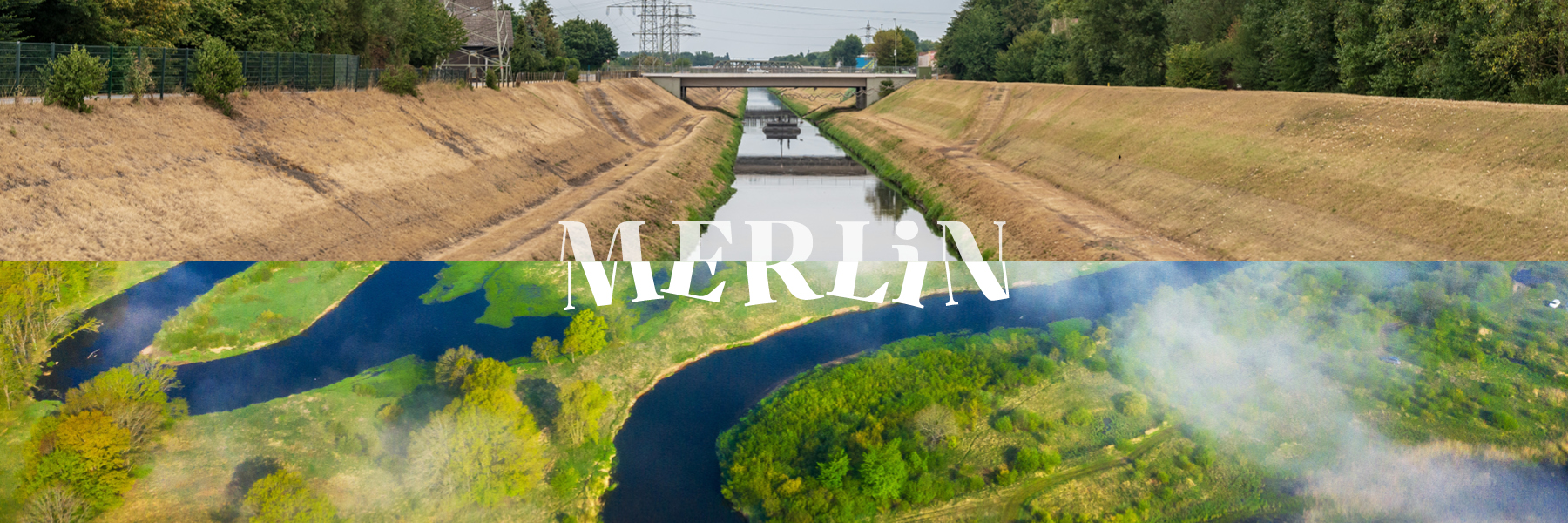Integrating nature-positive solutions into our economy
The MERLIN project aims to mainstream transformative ecosystem restoration and Nature-based Solutions (NbS) across all of Europe’s freshwater environments.
MERLIN aspires to go beyond mainstreaming business as usual to mainstreaming a transformation in our relationship with the freshwater environment as a response to the biodiversity and climate crises.
This involves working at the landscape, regional, national and EU scales to understand how different public and private organisations can work together. The mainstreaming activities include:
- Where to mainstream? – Mapping restoration needs and opportunities.
- Who can mainstream? – Illustrating how businesses can work with Nature.
- How to mainstream? – Identifying policy, value chain, and private financing enablers and barriers.
The project works top down from EU level data and institutions; and bottom up from the experiences within our 18 case studies. In particular, we focus on transformative changes within six economic sectors:
Read more about what we have learnt so far about the sectors in our Round Table Protocols. The sector's relationship with freshwater restoration and NbS, as well as our proposed cooperation points from where transformation could arise can be seen in the Sectoral Briefs. The interconnections between the sectors are highlighted in Deliverable 4.1 in the chapter “Cross Sectoral Briefing".

Agriculture Sector
Agriculture is highly heterogenous but shares a common reliance on water as a key resource and is one of the main land uses in and around river floodplains, wetlands and peatlands. Agricultural food production systems generate diffuse pollution including greenhouse gas emissions and are vulnerable to droughts and floods made worse by climate change. However, adoption of on-farm and catchment wide Nature-based Solutions can improve ecosystem functioning, act as carbon sinks, reduce pollution and improve biodiversity, while helping to buffer floods and increasing water retention in soil and groundwater. This will enable the sector, and Europe, to adapt to Climate Change. MERLIN will help share knowledge about the benefits and practicalities of NbS.

Hydropower Sector
Hydropower is an important source of renewable electricity in the EU. However, hydropower creates barriers to rivers, along with barriers built by other sectors, that have negative consequences for freshwater biodiversity and water and sediment flows. There are occasions where it is not viable for ageing dam infrastructure to be maintained – especially considering climate change trends and predictions – where the damage clearly outweighs the benefits, or where the sector can support removal of other barriers to improve the overall function of the catchment. MERLIN will help share knowledge about when dam removal may be a good option and how the sector can support wider free-flowing-river activities.

Insurance Sector
Insurance plays a key role in supporting climate actions – through both life and non-life insurance products. As the knowledge of how Nature-based Solutions (NbS) can mitigate floods and droughts increases, the insurance sector is developing products to take account of potential risk reduction to insured assets; as well as how to insure NbS themselves. Therefore, the insurance sector can be an important enabler and intermediary in providing incentives to adopt. MERLIN will help explore data sharing and new products as well as embedding NbS further in insurance regulatory frameworks.
Navigation Sector
Inland navigation for freight and passenger transport can support the EU Green Deal objectives. However, maintaining fairway conditions despite floods and droughts and whilst enhancing natural ecological function remains a challenge. MERLIN believes in involving the navigation sector more effectively in integrated infrastructure development that considers the effect on the wider catchment, because this is key to achieving these win-wins.

Peat Extraction Sector
Degraded peatlands are a source of Greenhouse gases, but healthy ecosystems are carbon sinks and important habitats. Peat extraction sites may be a small proportion of Europe’s peatland in need of restoration, but the sector is an important source of restoration knowledge and techniques as well as a source of carbon emissions and impact on water, soil and biodiversity. MERLIN is working with the sector on climate and nature friendly after-use for past sites and wider landscape collaboration. Core stakeholders in our community of practice include peat extraction companies and their umbrella associations at European and national levels.

Water Supply and Sanitation Sector
The water sanitation and supply sector relies on clean water and recognises the importance of nature-based solutions for reducing their costs and improving sustainability of supply and treatment. To date, most of the focus has been on wastewater treatment with less focus on upstream protection of the drinking water supply using Mature-based Solutions. MERLIN is addressing how the water sanitation and supply sector can collaborate with upstream water managers restoring Europe’s peatlands, wetlands, riparian areas and floodplains to help maintain water supply whilst responding to the biodiversity and climate crises.

